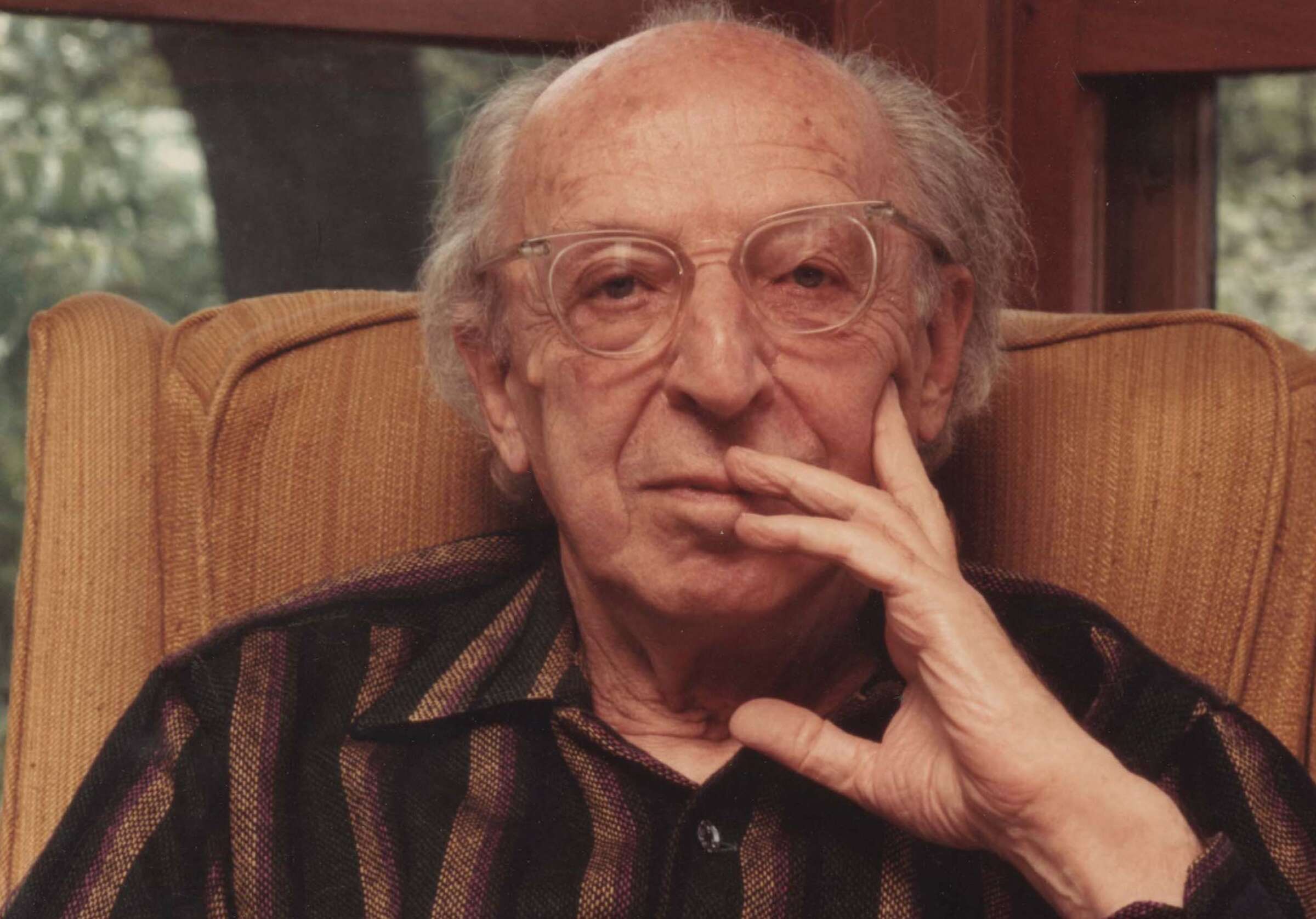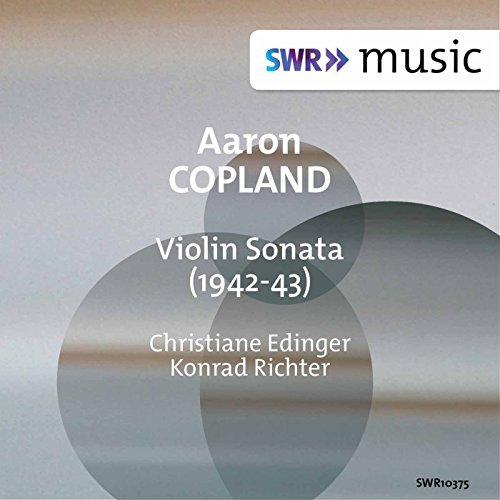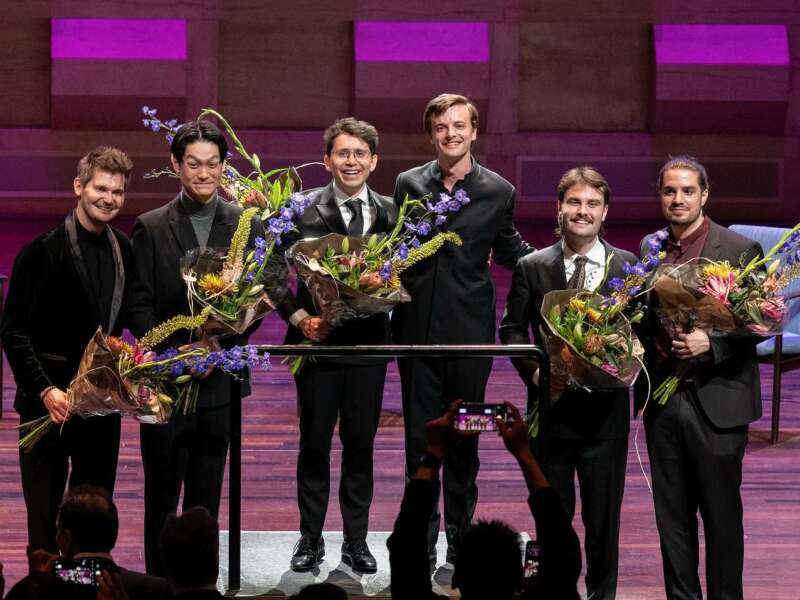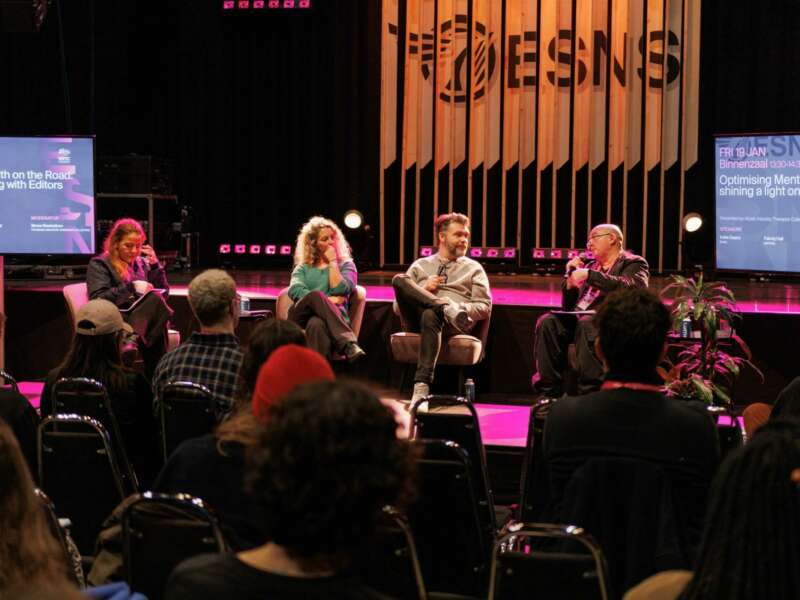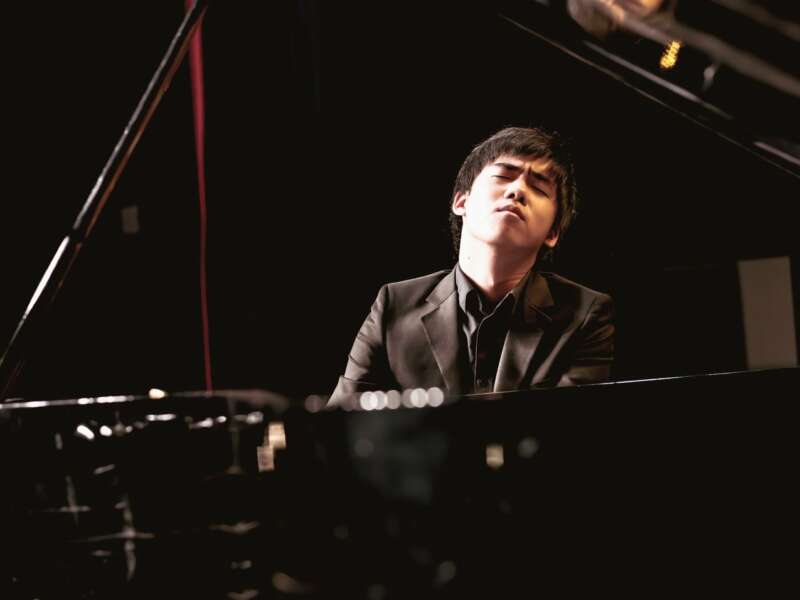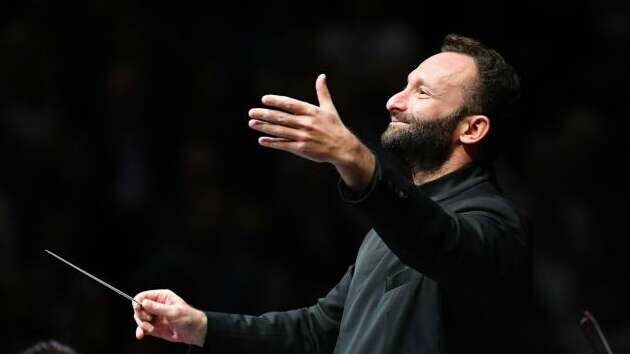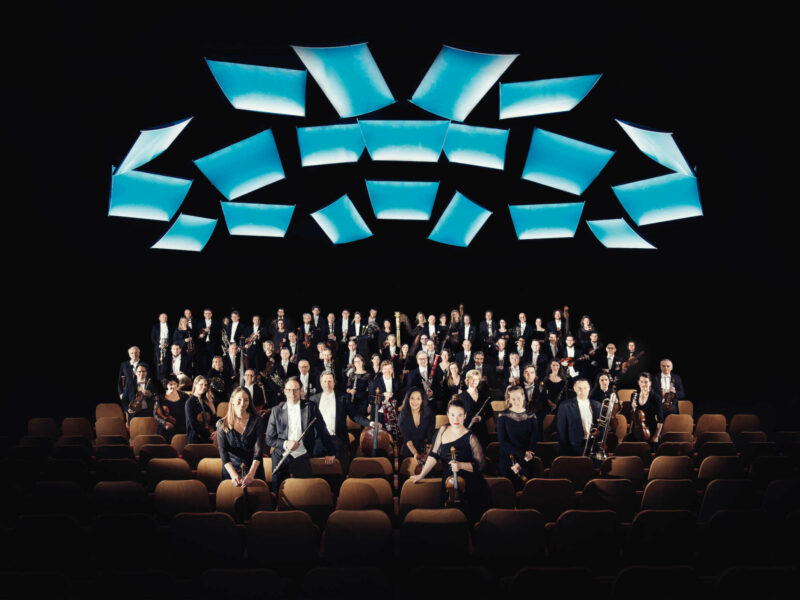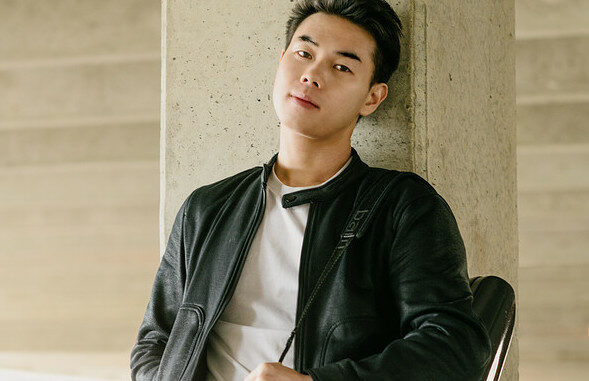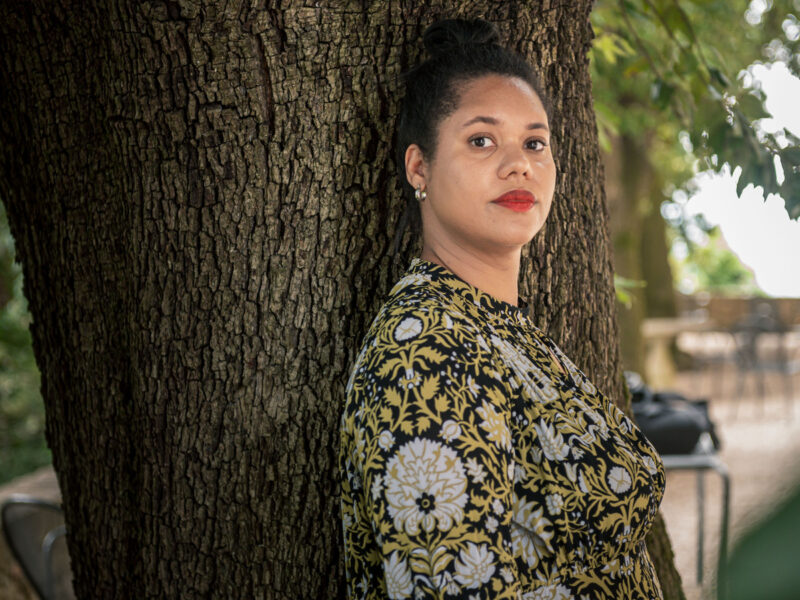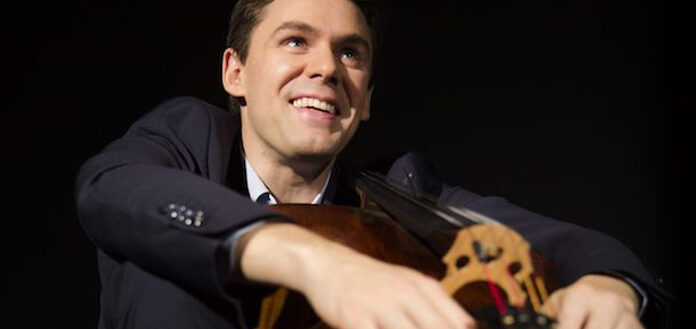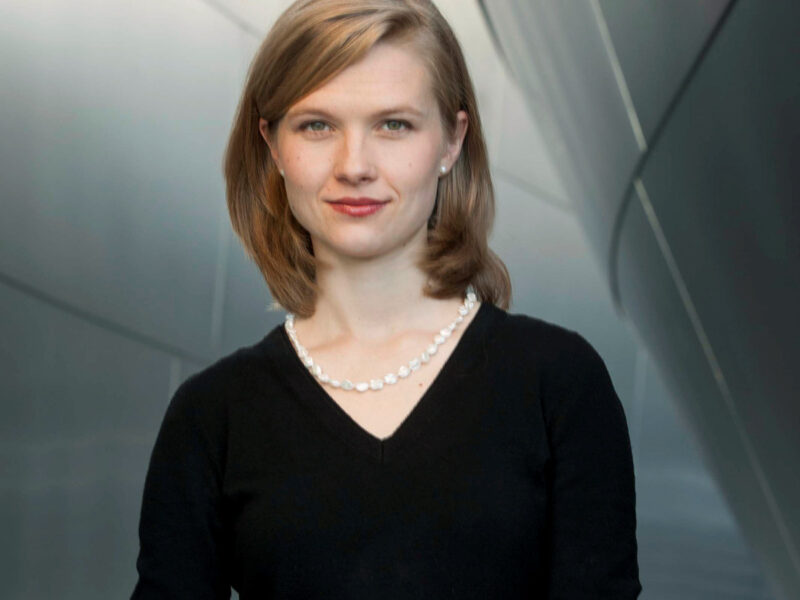ON THIS DAY | American Composer Aaron Copland was Born in 1900
A composer, conductor, and scholar, he is one of the most important figures in twentieth-century American music
Copland was born in Brooklyn, New York, and first learned to play the piano from his older sister. He eventually went on to study with Rubin Goldmark, before going to France to attend the Summer School of Music for American Students at Fountainebleau at age 20.
In France, he sold his first composition to music publisher Durand and Sons and met numerous important artists that would go on to inspire his career. Composer Serge Koussevitsky, for example, requested that Copland write a piece for the Boston Symphony Orchestra. The piece, “Symphony for Organ and Orchestra,” is considered by some to be Copland's introduction to the American music scene.
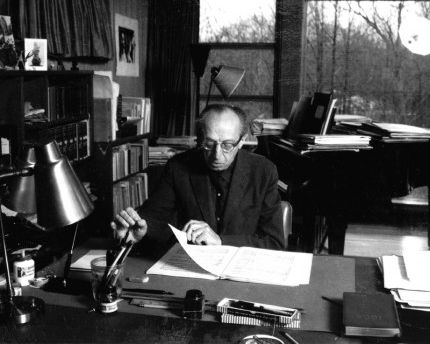
(Photo courtesy: Copland House)
Heavily influenced by jazz music, his pieces “Music for the Theater” (1925) and “Piano Concerto” (1926), included jazz idioms of the time.
In the late 1920s, Copland turned his attention to the promotion of American classical music. Through organizing and producing, he was an active member of the American Composers’ Alliance and the League of Composers. He launched the Copland-Sessions concerts, dedicated to presenting the works of young composers, with his friend Roger Sessions.
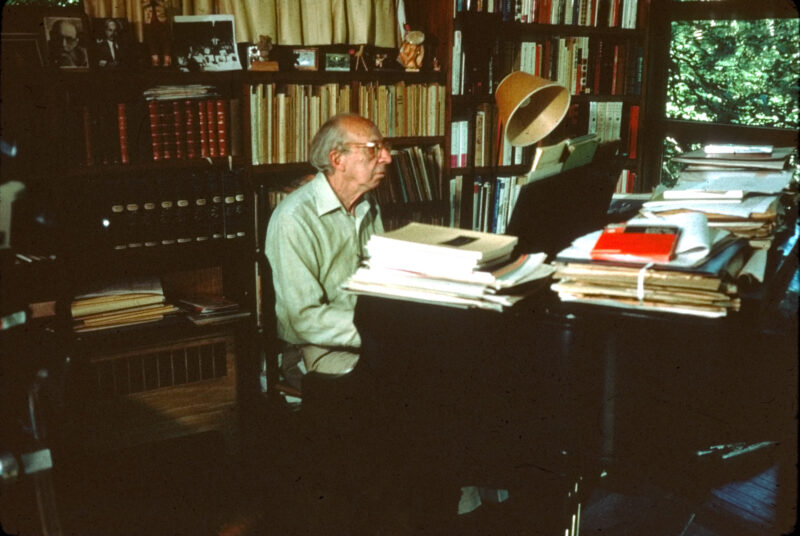
(Photo courtesy: Copland House)
Starting in the 1930s, he turned toward more popular symphonic music, composing for movies and ballets. Among his most popular compositions for film are those for “Of Mice and Men” (1939), “Our Town ” (1940), and “The Heiress” (1949) — the latter won him an Academy Award for best score. His ballet scores, both of which focused on American country life, include “Agnes DeMille’s Rodeo” (1942) and “Appalachian Spring” (1944), for which he won the Pulitzer Prize.
His other signature works include "Billy the Kid," "Rodeo," and "Fanfare for the Common Man" — and his major contributions to the violin repertoire include a concerto and a sonata for violin and piano.
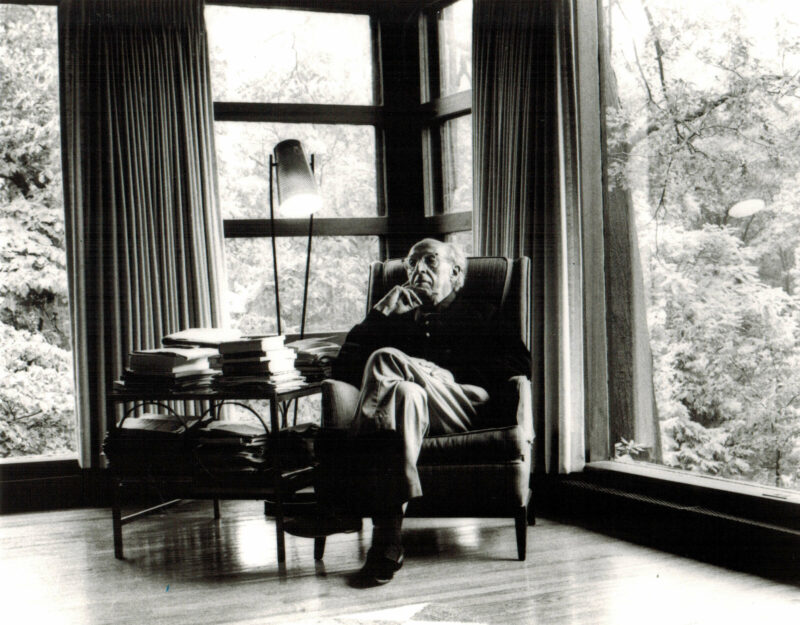
(Photo courtesy: Copland House)
By the 1950s, he started conducting and about twenty years later, stopped composing. He also served teaching positions at Tanglewood, Harvard, and the New School for Social 60 articles and essays on music.
On December 2, 1990, Aaron Copland died in North Tarrytown, New York. Courtesy of Copland House, you can see where he lived for the last 30 years of his life:
https://www.youtube.com/watch?v=KNNV7guJ4V8&ab_channel=CoplandHouse
june 2025
july 2025


